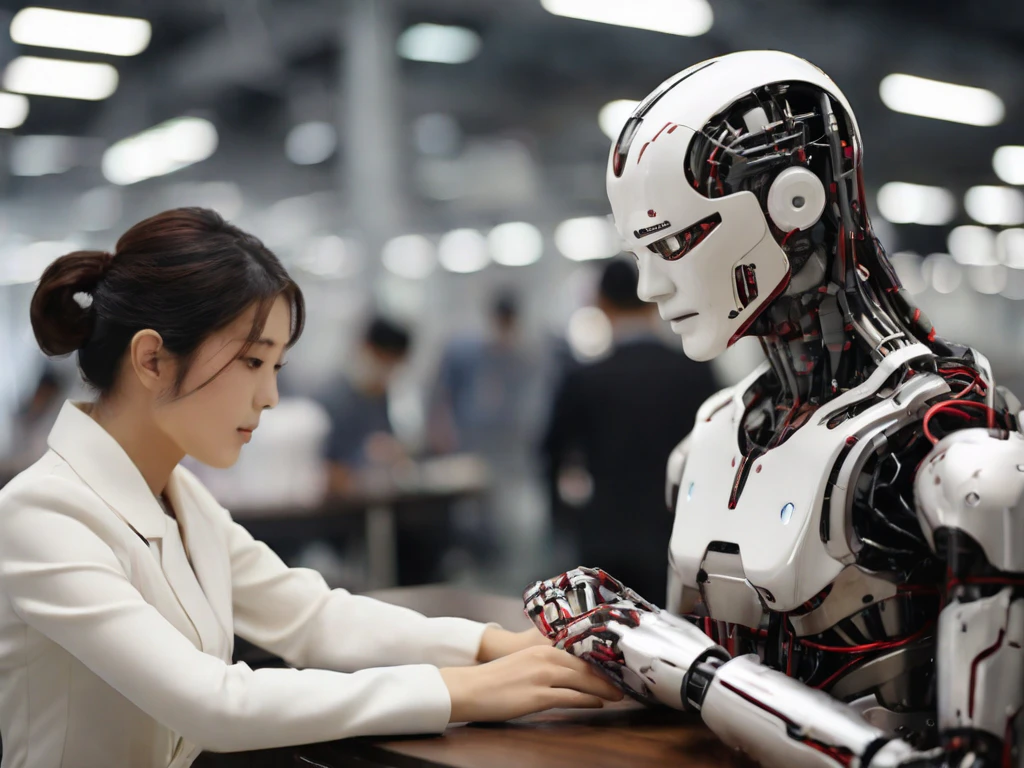South Korea is experiencing a new trend that puts many job seekers in an awkward position. A good number of major companies in South Korea have started to put on the brake for applicants submitting AI-written resumes. Surveys show the dissatisfaction of hiring managers regarding the lack of originality and creativity in AI-assisted résumés.
Survey reveals disapproval of AI in resume crafting
The survey included human resource managers in the top 500 firms of South Korea according to sales, and the same definitely indicated a rising trend among employers who were being careful about resumes written by artificial intelligence.
According to the joint survey carried out by the Labor Ministry and Korea Employment Information Service, 64.4% of companies answered that they could not review resumes prepared with the help of AI technologies. The same managers—at least 42.4%—also conceded that they would thus downgrade the evaluation for an application that is suspected to be of AI involvement.
That is the reason they are after a person who is authentic and from whom they can get to see skills and experiences that are unique. The new set of generative AI technologies, such as OpenAI’s ChatGPT, is changing the equation across sectors, allowing users to generate content that ranges from musical lyrics to professional résumés. The job seekers were among the first to lap it up to enhance their marketability. This is a critical divide in the acceptance of such technological help in the process of job application by South Korean firms.
The challenge of detecting AI-generated content
However, at the same time, it unmistakably points out the gap in the capability of the companies being able to detect the said content reliably, despite the resoluteness with which it takes a stance on AI-crafted resumes. It remains to be seen how effective they would be in the rejection of such documents, given that 73% of them needed more technology to distinguish AI-crafted resumes from those crafted by a human.
The minority of these companies resort to outsourcing (18.7%) or relying on internal mechanisms (8.3%) for the detection of AI involvement, thereby leaving 73% of the respondents in this survey in a technological blind spot.
This discrepancy is noteworthy, especially considering the widespread use of AI in resume writing globally. At least some researchers, including those from Resume Builder and StandOut CV, suggest that a large percentage of job seekers from other parts of the world are using AI to write their resumes and cover letters, going to the extent of even making up or lying about their qualifications.
The impact on job seekers and the market
The present situation literally puts job applicants and employers in a fix. Actually, some of the tools may help them get jobs, but on the flip side of the coin, they run the risk of being disqualified. Companies are therefore grappling with ensuring that they do not miss such candidates because of the methods of preparing resumes.
Research has even suggested that AI-assisted résumés, such as those in the study of MIT Sloan School of Management co-authored by Zanele Munyikwa and John Horton, could improve a job seeker’s likelihood markedly by making sure that there were no grammatical or spelling mistakes on them.
The contradiction of these perceived cons and the real pros underscores a complex debate on the role that AI has to play in the recruitment procedure.
Technological development is dynamic with respect to the labor market; it is, therefore, obliging employers and job seekers to reach an understanding. Striking a balance between leveraging the positives of AI for its undeniable positive benefits and, at the same time, keeping authenticity in the application process is one of the prime challenges.
This may include further development or even adoption of effective AI detection tools for South Korean firms. Now, it is open for consideration with other relevant parties, together with technology developers, to facilitate the open dialogue between technology developers, hiring professionals, and job seekers for the creation of guidelines that recognize the value of AI in job applications without loss of integrity in candidate evaluation.
Original Story From https://metanews.com/south-korean-job-seekers-in-a-fix-as-firms-penalize-ai-resumes/





